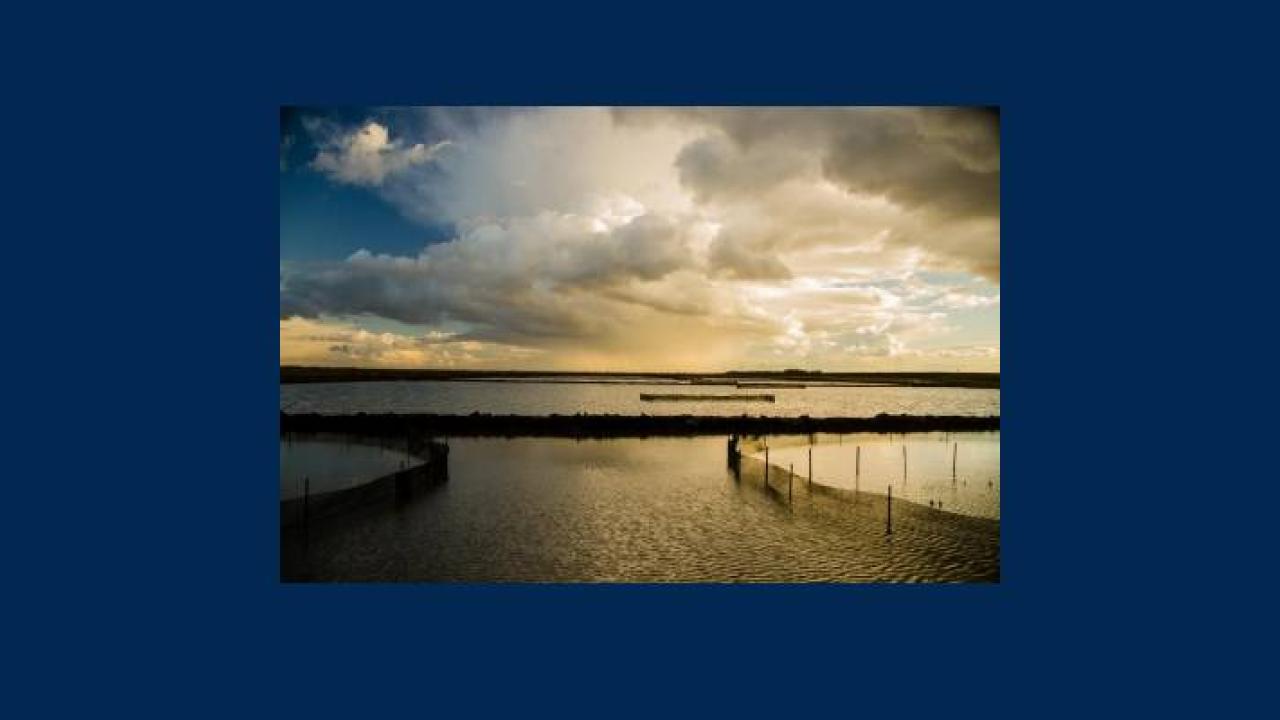
Experiential Learning Outside of the Classroom
Earlier this week, Watershed researchers Miranda Bell and Carson Jeffres spoke with high school science teachers about two floodplain research projects. The Floodplain Ecology Institute program invites researchers to demonstrate science to teachers in hopes of learning new skills and lessons to bring back to their classrooms.
Bell gave a food web demonstration where she threw a zooplankton net onto the rice fields and let the teachers have a chance as well. The net helped catch and examine some of the bugs that juvenile salmon like to eat while on the floodplain. She also created a "Salmon Wheel of Misfortune" where every item on the wheel shows how salmon are threatened at each stage of their lifecycle. This is effective in showing how rough it is to be a salmon in the wild.
Jeffres led two different lessons. The first lesson on Tuesday was down by the Cosunmes River and showed how "natural" floodplains where levees are removed allow river processes to restore the floodplain. During the second lesson on Wednesday, he brought the teachers to Knaggs Ranch to see the Nigiri Project. This project takes what we have learned in a more natural setting on the Cosumnes and applies it to a managed floodplain on the Yolo Bypass. The combination of the two field trips allows the teachers to see the scientific processes of learning through experiementation then applying new knowledge to different locations.
